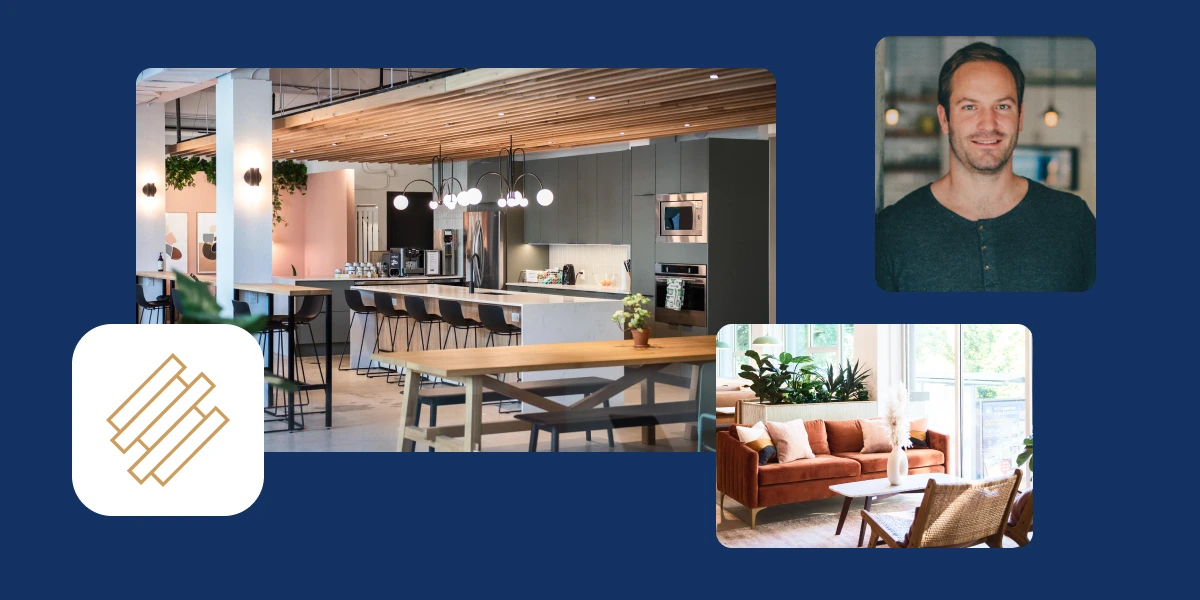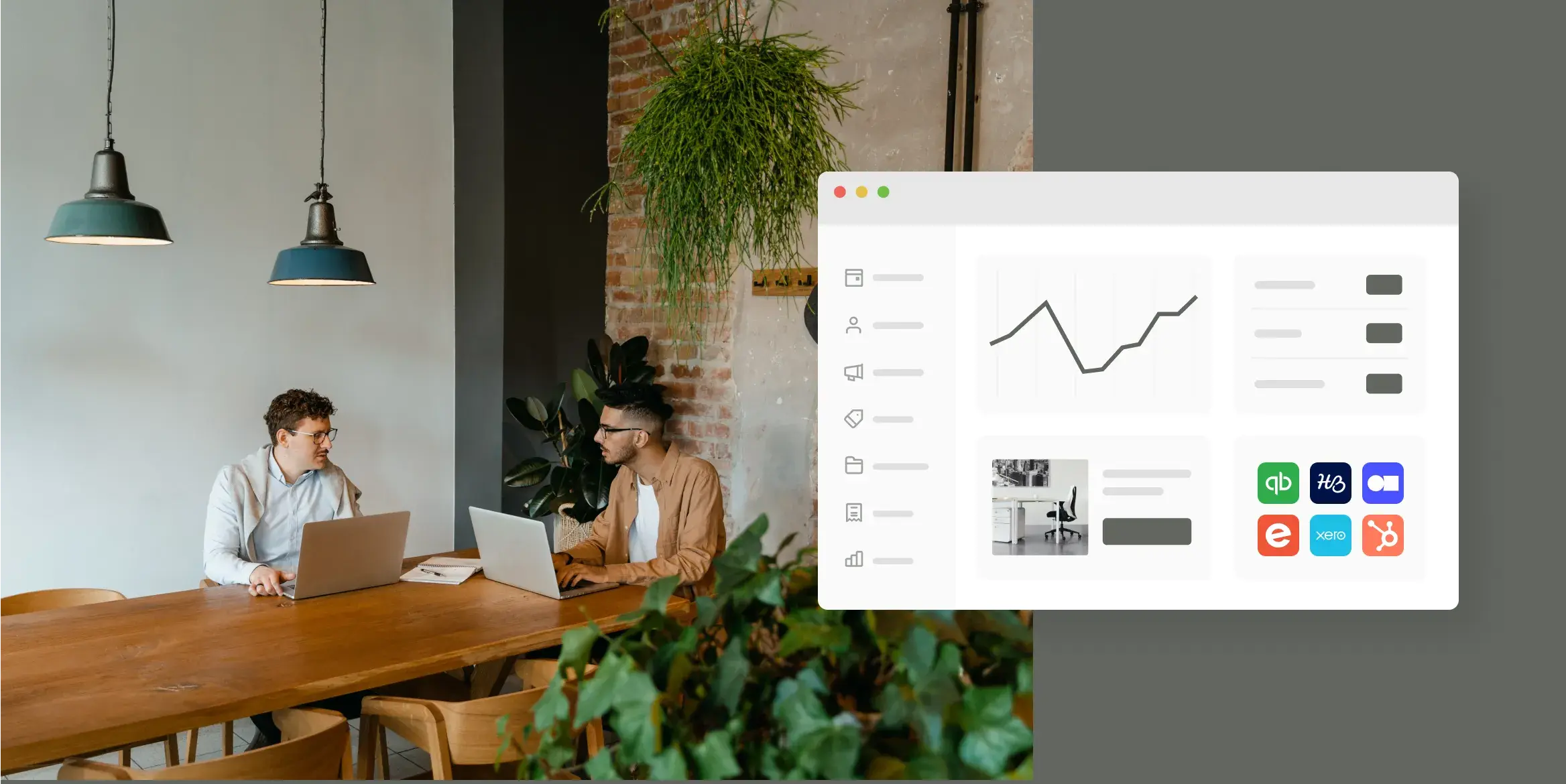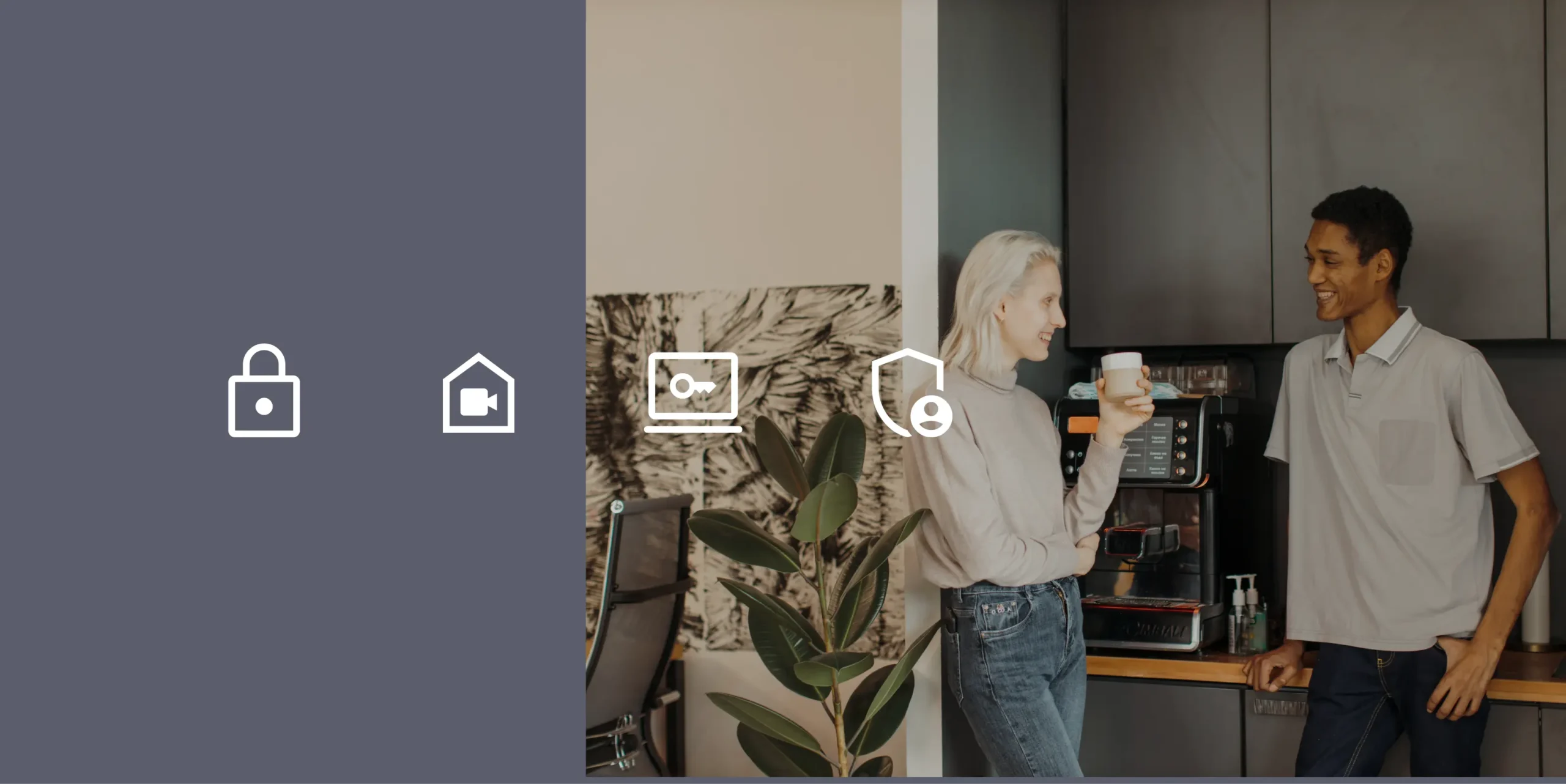
Summary
- Creating a secure coworking space can improve your member retention and provide peace of mind for you and your team
- The areas of security you’ll want to focus on are access to your physical space (outside) and security within your space (inside) including physical security and cybersecurity
Securing your coworking space is critical to the safety of your members and the success of your overall business.
Failing to introduce proper security measures leaves your coworking space at risk. It could also mean losing business to other coworking spaces that understand the peace of mind of offering proper security.
In this post, we’ll explore what it means to have a secure coworking space and some tips for creating a space that is safe and secure for you, your team, and your members.
The importance of coworking security
Keeping your building safe and secure is an essential part of managing a coworking space.
Having a secure space means not only are you protected from unforeseen circumstances, but so are the members in your building.
Creating a safe and secure coworking space can result in:
- Higher member retention
- A more connected community
- Peace of mind for you and your team
While most members will not necessarily notice if the space is secure, they will certainly notice if their items are stolen or their data is leaked. Thus, having a secure space is an essential part of creating a hospitable and comfortable stay.
Different types of security in coworking spaces
When people hear the term “coworking security” they usually think of access control systems and security cameras. While securing the physical space is a very important part of coworking security, there are other elements as well.
The most important areas security you’ll want to focus on include:
- Securing the physical space from the outside
- Securing the space from the inside, including member items and personal safety
- Enhancing your cybersecurity
- Securing your physical and digital member information
Keeping your building locked and hiring a community manager is just as important as having great community guidelines and a strong cybersecurity plan.
Securing your physical coworking space
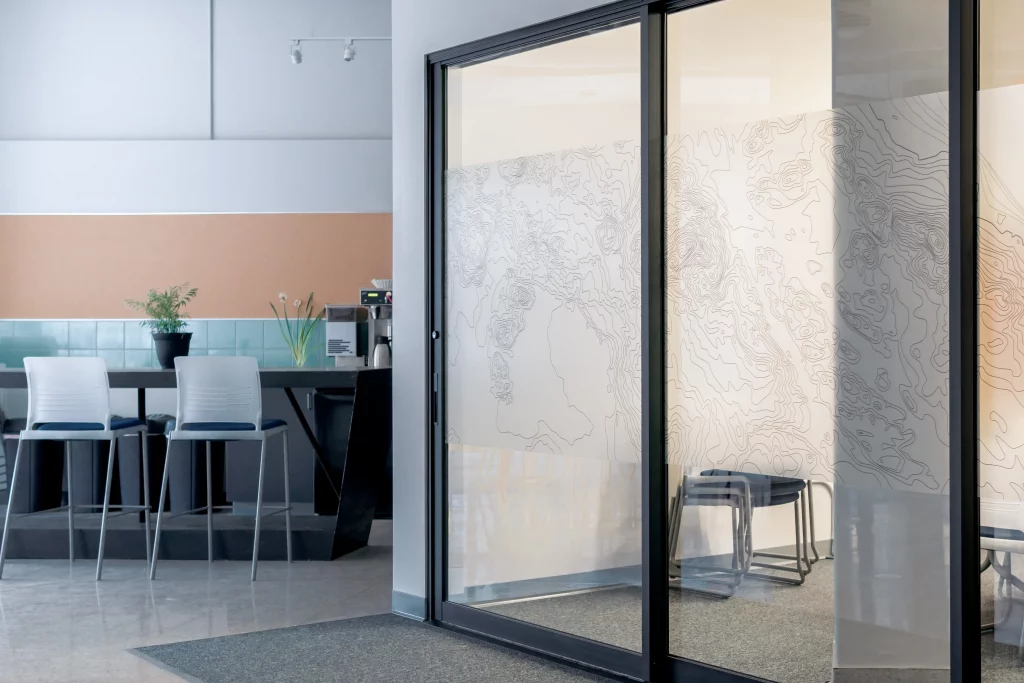
When thinking of securing your physical space, you’ll want to consider how to secure access to your space from the outside and how to keep your space secure from the inside.
We’ll go a bit deeper on each topic below.
Securing access to your physical space (outside)
Accessing your physical space begins with someone entering your space.
Most spaces’ first line of defense is the lock on the front door. If you chose to leave the primary entrances unlocked during operating hours, you have two options:
- Hire a community manager to monitor and greet members
- Install cameras in the space with 24/7 surveillance and an alarm system
Without these basic checks in place, your space will be susceptible to unauthorized access, member abuse, and theft by non-members. For enhanced security, you can require members to present a credential (key card or mobile phone) to access the door via an access control system.
Access control systems
Access control systems like Kisi and Salto KS have a hardware component that is installed in your space, as well as a software component for you and your members. Once installed, members are able to open the door using a key card, FOB, or their phone
Access control systems are beneficial to coworking spaces for many reasons including:
- More secure compared to traditional lock or keypad
- Help you create an autonomous space
- Provides data and analytics on space usage
- Can be integrated with a coworking software like Optix
For more information on physical security, here is a guide on access control systems and physical security by Coworking Resources.
Securing your physical space (inside)

Keeping the inside of your physical space secure is equally as important as securing the outside. Apart from good security cameras installed throughout the common areas, you’ll also want to ensure:
- Community guidelines are created to prohibit weapons in the space
- Lockers are kept locked and secured
- High ticket items are locked after hours
- Private offices have a personal lock and key system
- Meeting and conference rooms are kept secure
Everything you do with your security practices is to keep you and your members safe. Therefore, it’s important to create the policies necessary to ensure overall safety of you and your members.
Ensuring member well-being inside the space
Part of creating a safe space means ensuring your members are not just physically safe, but emotionally safe as well.
You’ll want to make sure your members feel comfortable enough to be their true selves without disturbances or altercations within your coworking space. This means:
- Coworking house rules that outline your mission, values, and how you treat others in the space
- Clear consequences for those harassing or disturbing other members
- Community manager to moderate altercations and enforce rules
- Training for staff on diversity and inclusion
At the end of the day, you want a hospitable environment where everyone can feel free to be themselves in the space.
Enhancing your cybersecurity practices
Keeping you and your member’s data safe is integral to operating a secure coworking space. With cyberattacks becoming more and more common, it’s important to consider how you will employ cybersecurity best practices in your coworking space.
At a coworking space, your cybersecurity practices are most likely to revolve around internet access, member personal data, and the hardware systems you have in place.
Here is what we see most often from coworking spaces:
- Password protected WiFi using a Captive Portal like IronWiFi
- Installing a firewall and providing dedicated networks for those requiring secure internet access
- Purchasing cyber insurance
- Utilizing internet security best practices when interacting with member information like using a password manager and VPN, and avoiding any email phishing schemes on your devices
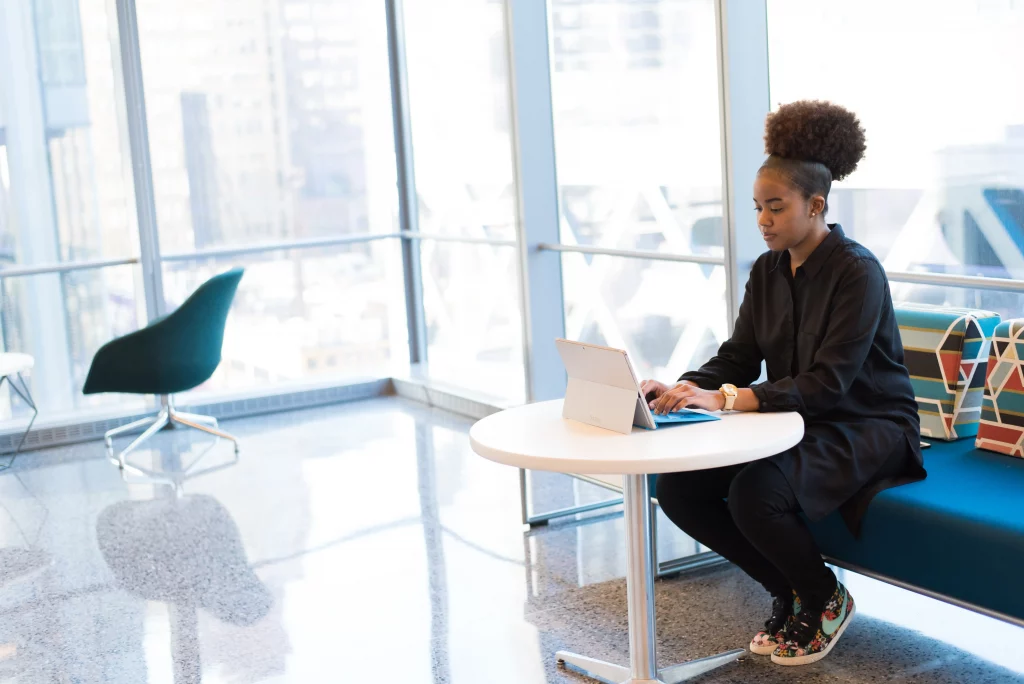
We highly recommend becoming well-versed in internet security before opening your coworking space. Hiring a freelance or full-time IT manager in your space can make a world of difference in setting up a strong, secure digital safety net.
Securing your physical member information
While most of the information you collect from your members will be digital, there is a chance that you may collect physical information as well.
You may require a physical copy of a signed member contract or private office lease agreement that could contain sensitive information about your members.
Keeping this information secure and out of harm’s way is another element of securing your workspace that can’t be forgotten. It includes:
- Mail for virtual office clients is stored securely
- Contracts are filed away in a locked filing cabinet with limited access
- Document copies are prohibited without member’s consent
Treat this physical information with the same level of care and respect as everything else in your space.
Take your security seriously
If you’re operating an existing space or considering opening your own, security is of the utmost importance.
Without an access system in place, offering a 24/7 option opens you up to a number of risks. If you don’t have cameras installed and you hand out physical keys to everyone, you will have no way to monitor who accesses your space, and when.
However, with the appropriate systems setup, you can automate physical access, improve your digital security, and keep your members out of harm’s way.
Security doesn’t have to be complicated. It just needs to work.
This article was written in partnership with Kisi, an access control system provider for flexible workspaces. It was originally published May 17, 2017 and updated for relevancy Aug 25, 2022.

